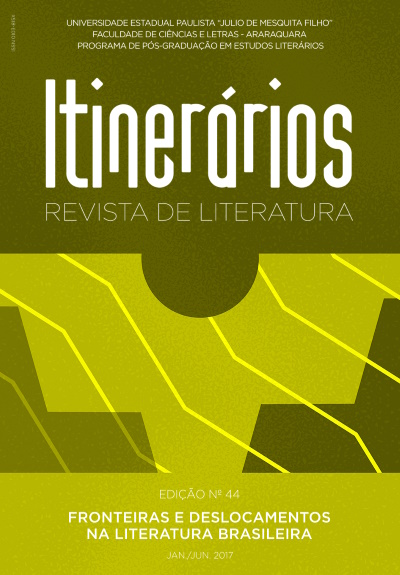Culture and identity in Oscar Nakasato’s novel Nihonjin
DOI:
https://doi.org/10.58943/irl.vi44.9017Keywords:
Cultural hybridism, Culture, Identity, Intersection, Japanese immigration,Abstract
This paper analyzes the making of Japanese-Brazilian writer Oscar Nakasato’s novel Nihonjin (winner of 2011 Benvirá Literature Prize and Jabuti Prize 2012, both Brazilian literary prizes) starting from the notions of identity and culture. The novel tells the story of a Japanese immigrant, Hideo Inabata, and his family, from his arrival in Brazil to his grandson’s departure to Japan, decades later. The novel’s title itself, which means “Japanese person” in Japanese language, reveals the duality in the text – one reassuring his Japanese nationality in a strange place, other finding himself a typical Brazilian in a Japanese family, and the impossibility of being defined either as Japanese or Brazilian, being both (or none). As for theoretical basis, this work follows Stuart Hall’s study on cultural identity in his book The question of cultural identity (1996). First, the elements that attribute cultural identity aspects to the characters will be observed. Next, we will examine some passages where the subject’s displacement can be perceived, causing conflicts motivated by cultural shock. Finally, we will examine the synthesis of the conflicts, the result of this dialectical relation: the groups’ intersection, where the characters finally find themselves not as Japanese or Brazilian, but as cultural hybrids.Downloads
Published
17/01/2018
Issue
Section
Borders and displacements in brazilian literature
License
Os manuscritos aceitos e publicados são de propriedade da revista Itinerários. É vedada a submissão integral ou parcial do manuscrito a qualquer outro periódico. A responsabilidade do conteúdo dos artigos é exclusiva dos autores. É vedada a tradução para outro idioma sem a autorização escrita do Editor ouvida a Comissão Editorial.

